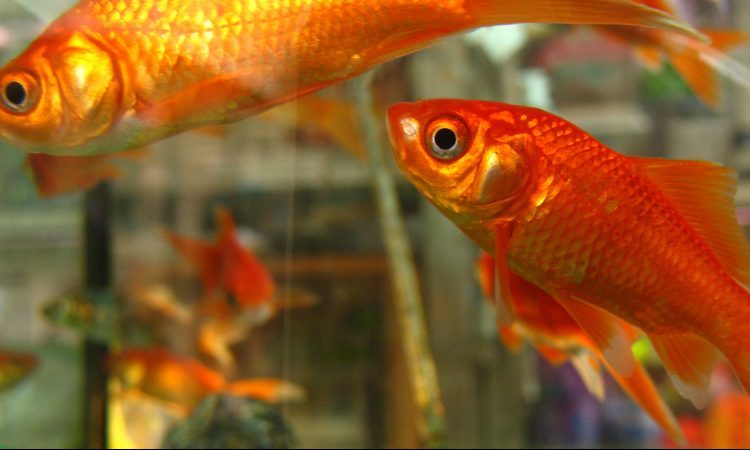Councils fail to use the latest advice on pet shop inspections

Barely half of councils that licence pet shops are using the most up-to-date advice on how to do this, according to a new report from the Ornamental Aquatic Trade Association (OATA).

Become a member for unlimited access
Remove all content restrictions with a membership account. First-year special offer pricing. Cancel any time.
You have read 2/2 free articles this month.

How many members should have access to the subscription?
Monthly
Yearly
Save £9.89
No, thanks
I already have an account

Barely half of councils that licence pet shops are using the most up-to-date advice on how to do this, according to a new report from the Ornamental Aquatic Trade Association (OATA).